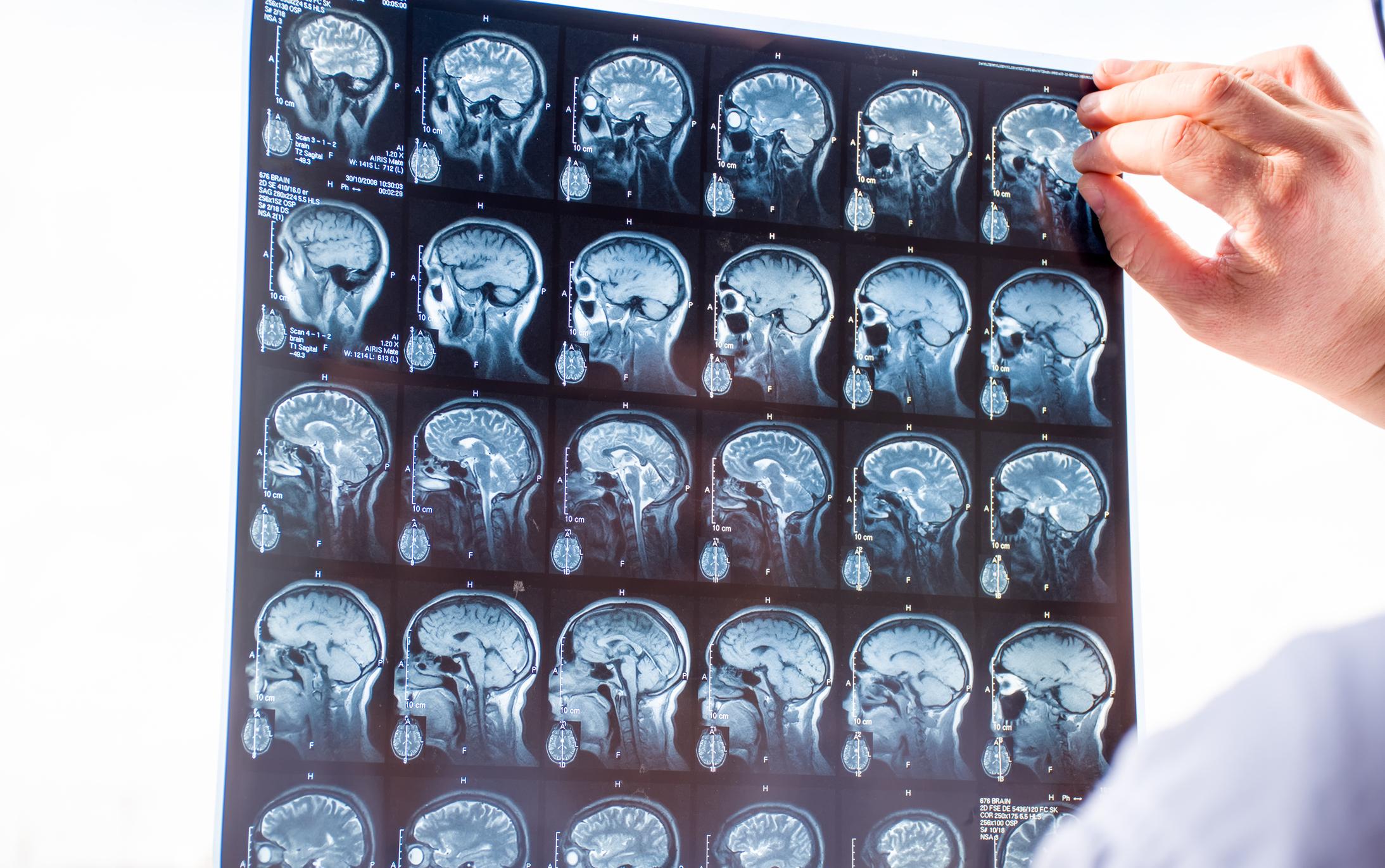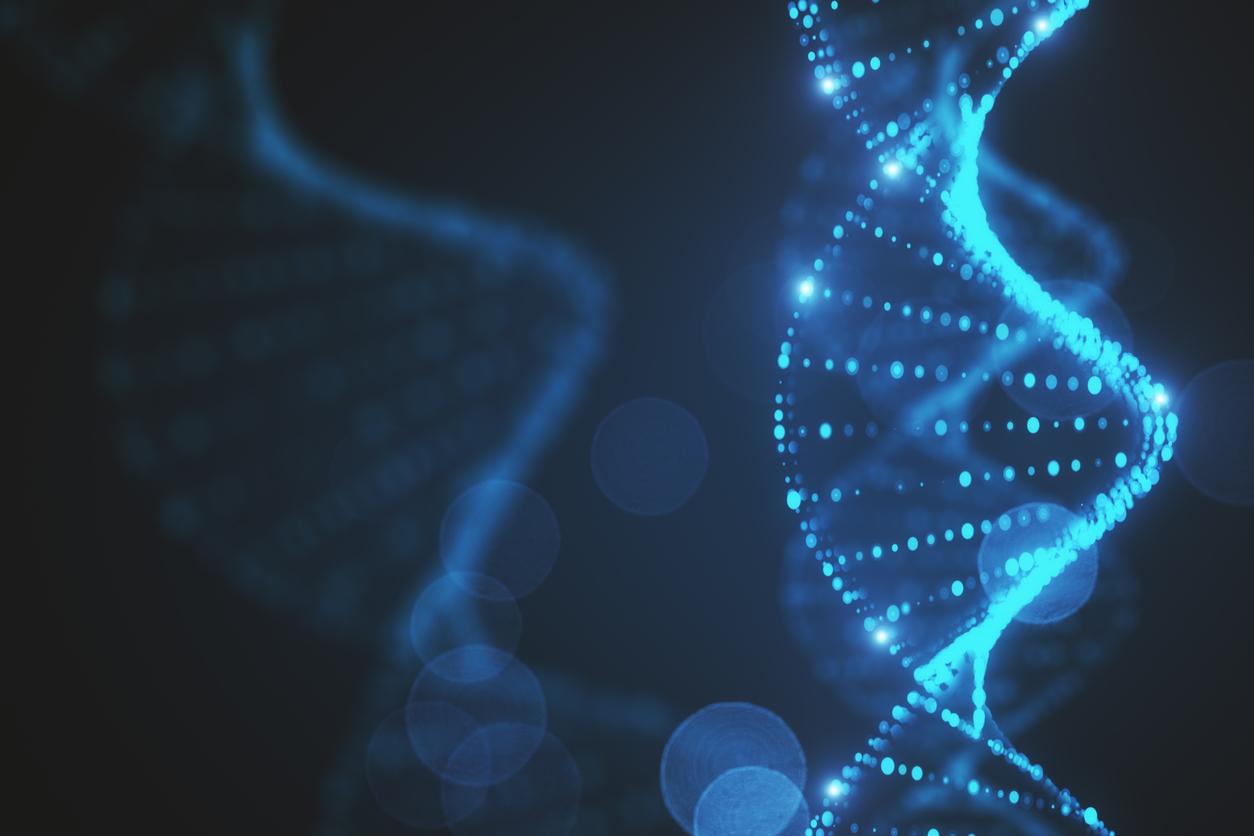Thanks to the discovery of the role played by sodium at the heart of brain functions, we can consider drugs aimed at treating diseases like epilepsy or neuropathic pain. Indeed, American scientists from McGill University in collaboration with researchers from Oxford University have proven that sodium, the main ingredient edible saltis the single switch of a neurotransmitter receptor in the brain, called the kainate receptor, responsible for many disorders such as epilepsy, which affects 0.6 to 0.7% of the French population.
The study authors used computer simulations to understand how sodium affects the kainate receptor and come to these conclusions, published by the journal Nature Structural & Molecular Biology.
By working on a drug capable of deactivating these receptors, it would therefore be possible, for example, to limit epileptic seizures. Among other things, the researchers identified the precise site “which binds sodium atoms and controls the activation and inactivation of kainate receptors”, which means that future drugs developed on the sidelines of this study will have fewer adverse effects. than current treatments, says Derek Bowie, one of the study’s authors.
















